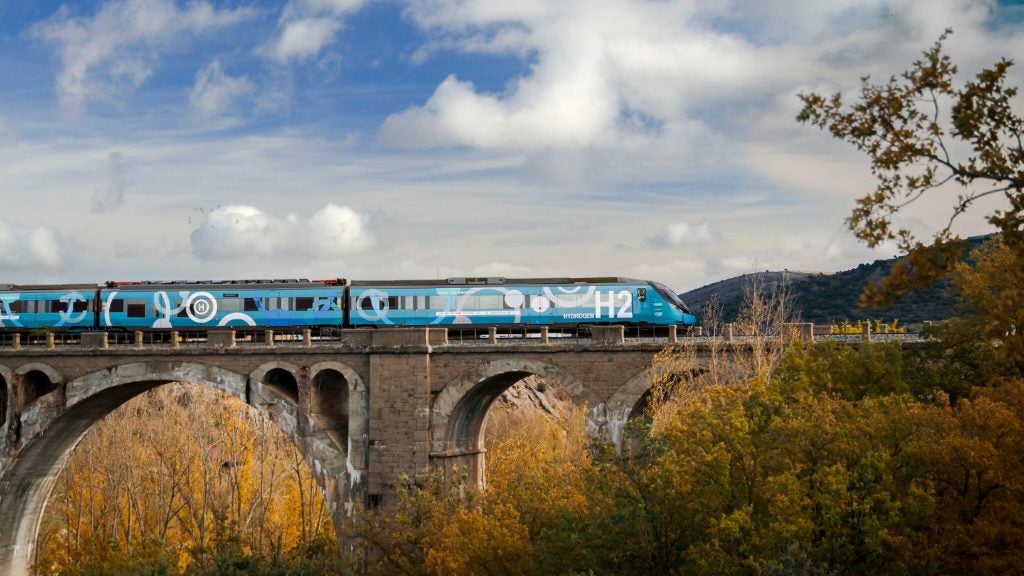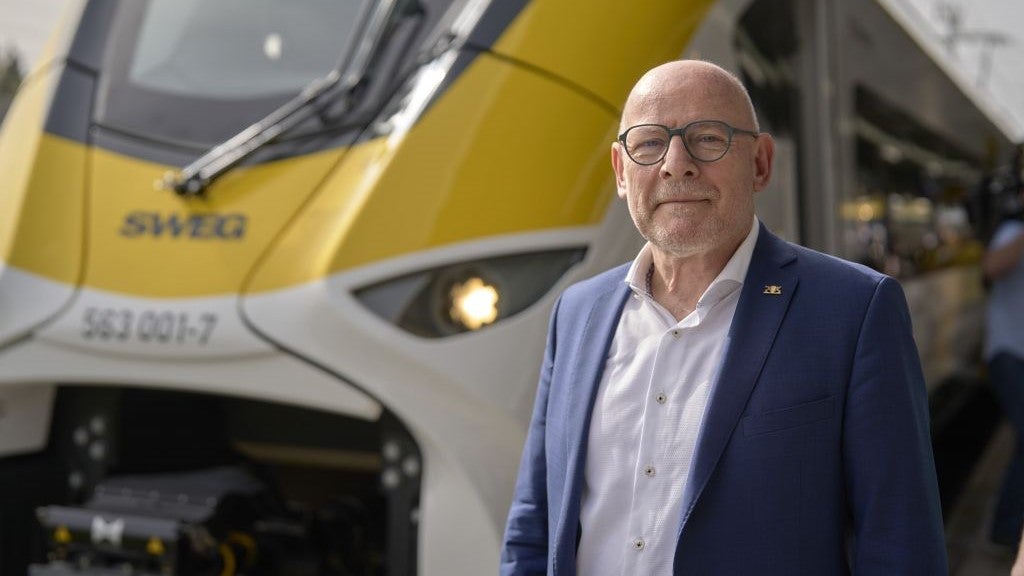The Rail Safety and Standars Board (RSSB) has awarded a 12-month research contract to City University of London and Risk Solutions, to investigate the causes of knock-on train delays.
The contract, which includes a partnership with Great Western Railway (GWR), will require the partners to assess the causes and consequences of knock-on delays and accordingly identify possible ways to tackle them and improve rail services for passengers.
The primary delay in service has remained stable over the recent years at nearly 300-350,000 minutes per year. But the delay due to the initial incident often causes reactionary delay, which has steadily grown over the recent years from 600,000 to 800,000 minutes annually.
The research will investigate this delay which was proving difficult to control.
It will be carried out by Dr Aidan Slingby and Dr Cagatay Turkay, Data Visualisation academics from City’s Geographical Information Centre (giCentre).
Dr Slingsby said: “Our models will simulate the knock-on effects of a whole range of train delays. Many of these have little overall effect on the train service but some may cause large knock-on effects that impact other train services.
How well do you really know your competitors?
Access the most comprehensive Company Profiles on the market, powered by GlobalData. Save hours of research. Gain competitive edge.

Thank you!
Your download email will arrive shortly
Not ready to buy yet? Download a free sample
We are confident about the unique quality of our Company Profiles. However, we want you to make the most beneficial decision for your business, so we offer a free sample that you can download by submitting the below form
By GlobalData“City’s team will be designing interactive visualisation methods that will help our train operating company partner (GWR) understand the whole range of impacts of delays that happen at different times and in different places.
“They will then be able to put measures in place in order to reduce the likelihood of delays associated with the most serious knock-on effects.”
If the modelling and visualisation tools developed under the research proved valuable to the rail partners, their functionality is expected to be extended to model additional routes and operators.
The tools and techniques can be devised to model a range of strategies to manage reactionary delay, and enable rail partners to test them under multiple scenarios and implement changes that will enhance performance.






